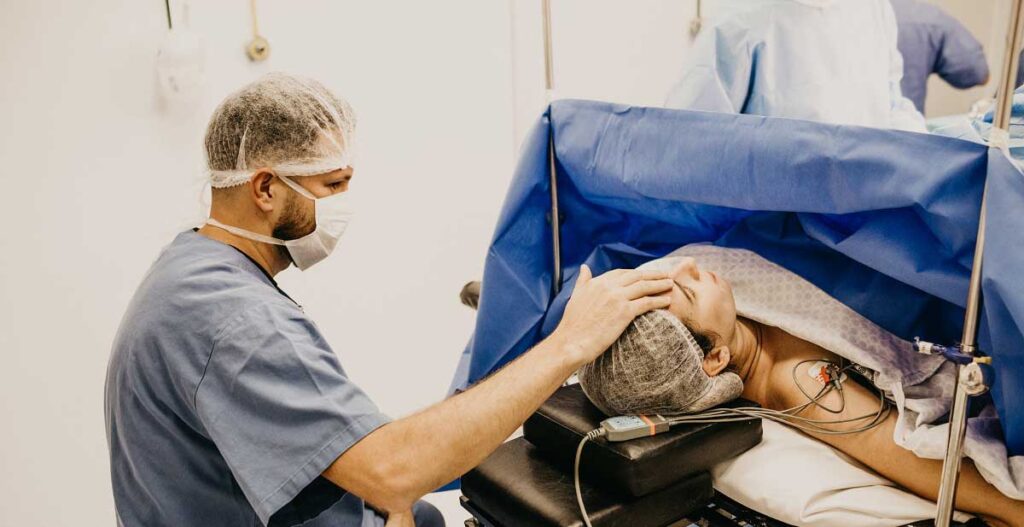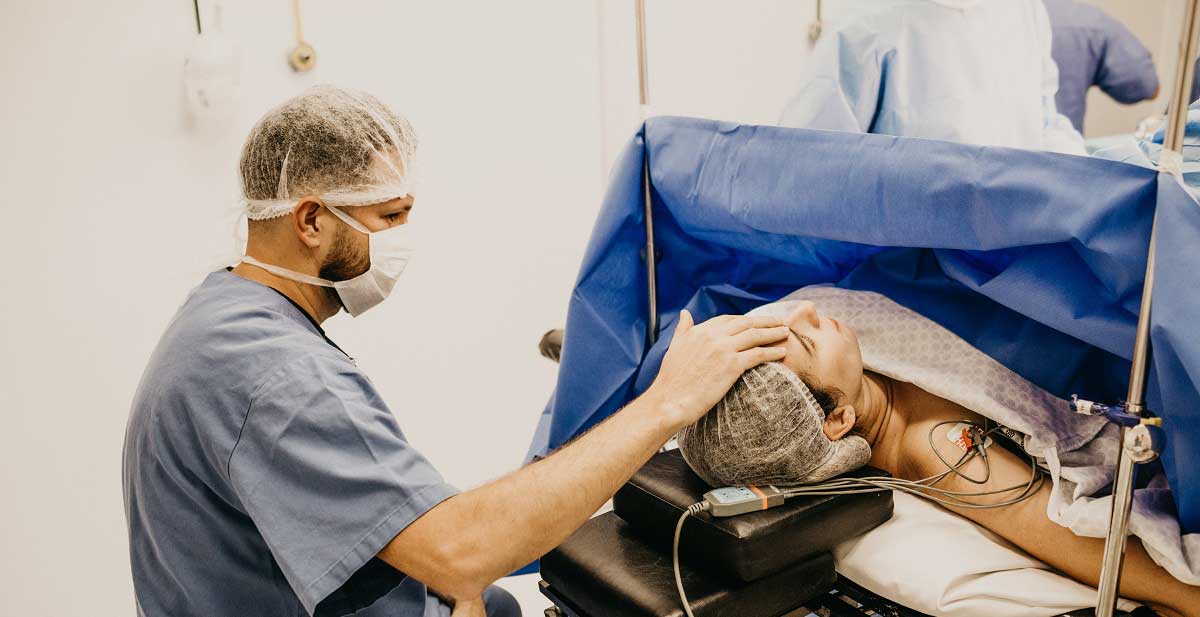Colorectal cancer is nicknamed the silent killer since it shows no symptoms until it’s too late. Although only 5% of colorectal cancers are hereditary, it is highly recommended for those who had a relative suffering from colorectal cancer to adopt a preventive diet.
In this article, we will review key nutritive principles for those who wish to eat food items that might help in colon cancer prevention.
The information in this article came from a study conducted by Chin Clin Oncol. This study itself is actually a summary of hundreds of articles in this topic published between 1980 to 2013. The article has the following recommendations:
What to Avoid Eating?
Red and Processed Meat
Regular consumption of red meat and processed meat has a correlation with the occurrence of bowel cancer. That said, the reason for which red and processed meat harm the colons is not clear. There are a few chemicals that can affect the colons such as heterocyclic amines (HCAs), polycyclic aromatic hydrocarbons (PAHs), N‐nitroso compounds, and acrylamide, but these chemicals exist in other types food as well.
What Did the Studies Conclude?
Meta-analysis of observational studies suggests that eating red meat and processed meat regularly can increase the risk of colorectal cancer by ~20% (4-10%), in men in particular.
Avoid Alcohol
The consumption of alcohol has been proven to increase the risk of cancer in general. Two chemical processes are responsible for this risk:
- Genotoxic effect of acetaldehyde, or in other words, its damage to the DNA.
- Folate absorption by alcohol causes intestinal malabsorption, reduced hepatic transport and storage, and reduced renal reabsorption.
What Did the Studies Conclude?
Meta-analysis of observational studies suggest
sthat there is a 21% risk increase for moderate drinkers (2-3 drinks per day) and a 52% risk increase for heavy drinkers (4+ drinks per day), compared to individuals who never drink.
What to eat?

Garlic
Garlic has about 1% of allyl sulfur which is a form of Organosulfur compounds, which gives it its foul-smell. Sulfur is essential for life, and the antibiotics penicillin and sulfa both contain sulfur.
Garlic also contains flavonoids and selenium. Flavonoids help regulate cellular activity and fight off free radicals that cause oxidative stress on your body. Selenium is needed for DNA production as well as protecting the body from free radicals and from infection.
What Did the Studies Conclude?
Meta-analysis of observational studies suggest
sapproximately 30% reduction in Colorectal cancer risk.
Vitamin B6
Vitamin B6 exists in a variety of food elements such as whole grain products, vegetables, nuts, bananas and meat (although red meat is better avoided in an anti colorectal cancer diet).
The main benefits of Vitamin B6 are:
- A crucial element in synthesising, reparings and methylation of DNA.repairing and methylation of DNA
- Reduce cell proliferation and Angiogenesis (and therefore cancer cells proliferation).
- Reduce oxidative stress or free radicals.
- Calms inflammation.
What Did the Studies Conclude?
Meta-analysis of prospective studies suggested that the level in the Blood of Pyridoxal phosphate (PLP), the active form of vitamin B6, were inversely associated with CRC risk
Magnesium
The Magnesium mineral is actually pretty widespread in our food. In particular in spices, nuts, cereals, coffee, tea and green leafy vegetables. It has biochemical qualities that are crucial for many processes in our body (Magnesium is a cofactor in more than 300 enzyme systems), including, creating genomic stability, DNA synthesis and the creation of the antioxidant Glutathione. Glutathione protects body cells from free radicals and heavy metals.
What Did the Studies Conclude?
Meta-analysis of observational studies suggests approximately 10% reduction in Colorectal cancer risk.
Active Living and Maintaining a Good BMI Score
It is difficult to separate the effects of an active living style and BMI score on health because they are interconnected. To keep a good BMI score, you’ll often need to do some kind of sport.
The reasons physical activity and BMI score affect the risk of colorectal cancer are still not 100% clear. One strong lead is the effect of insulin-like growth factors (IGF), and IGF binding proteins that are considered as potential risk factors for cancer. The IGF1 receptor contributes to the transformation of normal colon epithelial cells. When occupied with IGF, it reduced the transformation of normal colon epithelial cells.
What Did the Studies Conclude?
Meta-analysis of observational studies suggest
sthe risk for colorectal cancer increases by 7% (4-10%) with a 2 kg/m2 increase in BMI. And approximately 20% risk reduction for individuals who maintain an active lifestyle versus those who don’t.
The Surprising Effect of Aspirin
Researches on the effect of aspirin and other non-steroidal anti-inflammatory drugs (NSAIDs) conclude it can inhibit the development of colonic adenomas and bowel cancer.
What Did the Studies Conclude?
It is important to mention that currently the recommendation is to NOT consume aspirin regularly as a preventive measure for cancer.
That said, 8 different studies concluded that a daily aspirin intake for 5-10 years reduced cancer mortality by 34% (P=0.03) and a 20-year cancer mortality by 20% (P<0.001).
Wrap up
The physical location of colorectal cancer is in the digestive system which can suggest what we’re eating has a crucial factor in keeping it at bay/ lessoning our chances of developing it.
In this article we mentioned a few principles for a colon cancer-preventive diet.
Research is constantly changing, evolving and developing and it’s important to educate ourselves with the latest studies to keep a healthy lifestyle.
Your opinion is important to us!
Do you have more suggestions on how to choose colorectal cancer preventive diet? Let us know in the comments bellow or contact us!
